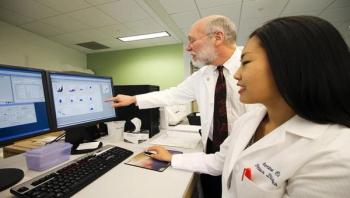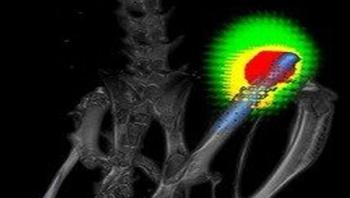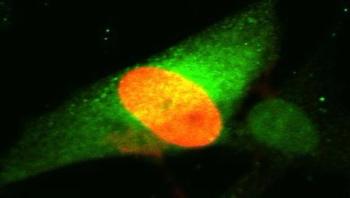
News





Researchers at the University of Arizona and the University of Cambridge in the U.K. have reconstructed the origins of the AIDS pandemic in unprecedented detail.The findings were made possible by a molecular technique the team developed for this project, enabling them to recover genetic material from more than 40-year-old serum samples and decipher the gene sequence of the human immunodeficiency virus, or HIV, subtype that started the outbreak on the North American continent in the early 1970s. Phylogenetic analyses estimate the jump to the U.S. at about 1970 and place the ancestral U.S. virus in New York City, strongly suggesting this was the crucial hub from which HIV made its way across the continent.




Saint Louis University Center for Vaccine Development researchers have identified a potential new target for vaccines that activates a part of the immune system not previously known to be protective against Chagas disease, tuberculosis and AIDS, as well as other diseases.


To help address the tough questions related to its inquiry into third-party servicing and refurbishment of medical devices, the Food and Drug Administration (FDA) scheduled a two-day public workshop for late October. Stakeholders are many and quite diverse, ranging from clinicians, patient safety managers and HTM professionals, to original equipment manufacturers (OEMs) and those aforementioned third-party firms; all of whom will be providing their perspectives on how to ensure patient safety while controlling costs in an environment where organizations vary in how they repair and generally maintain devices.



An international study led by the University of Southampton shows the UK and France experience the highest number of malaria cases imported from other countries. Research led by WorldPop, based at the University, examined and mapped the movement of the disease from endemic countries (those where malaria is regularly found in the population) to around 40 countries defined as being malaria-free or non-endemic (such as the UK).




Researchers have been trying for decades to develop a vaccine against the globally endemic hepatitis C virus (HCV). Now scientists at the Scripps Research Institute (TSRI) have discovered one reason why success has so far been elusive.

In a proof-of-concept study with mice, scientists at The Johns Hopkins University show that a novel coating they made with antibiotic-releasing nanofibers has the potential to better prevent at least some serious bacterial infections related to total joint replacement surgery. A report on the study, published online the week of Oct. 24 in Proceedings of the National Academy of Sciences, was conducted on the rodents’ knee joints, but, the researchers say, the technology would have “broad applicability” in the use of orthopaedic prostheses, such as hip and knee total joint replacements, as well pacemakers, stents and other implantable medical devices. In contrast to other coatings in development, the researchers report the new material can release multiple antibiotics in a strategically timed way for an optimal effect.

Viruses hijack the molecular machinery in human cells to survive and replicate, often damaging those host cells in the process. Researchers at the University of California San Diego School of Medicine discovered that, for cytomegalovirus (CMV), this process relies on a human protein called CPEB1. The study, published October 24 in Nature Structural and Molecular Biology, provides a potential new target for the development of CMV therapies.

Transfers of nursing home residents to and from the hospital frequently expose these frail, older adults to medication errors and poor follow-up care resulting in near or serious harm to 1 in 4 nationwide.







